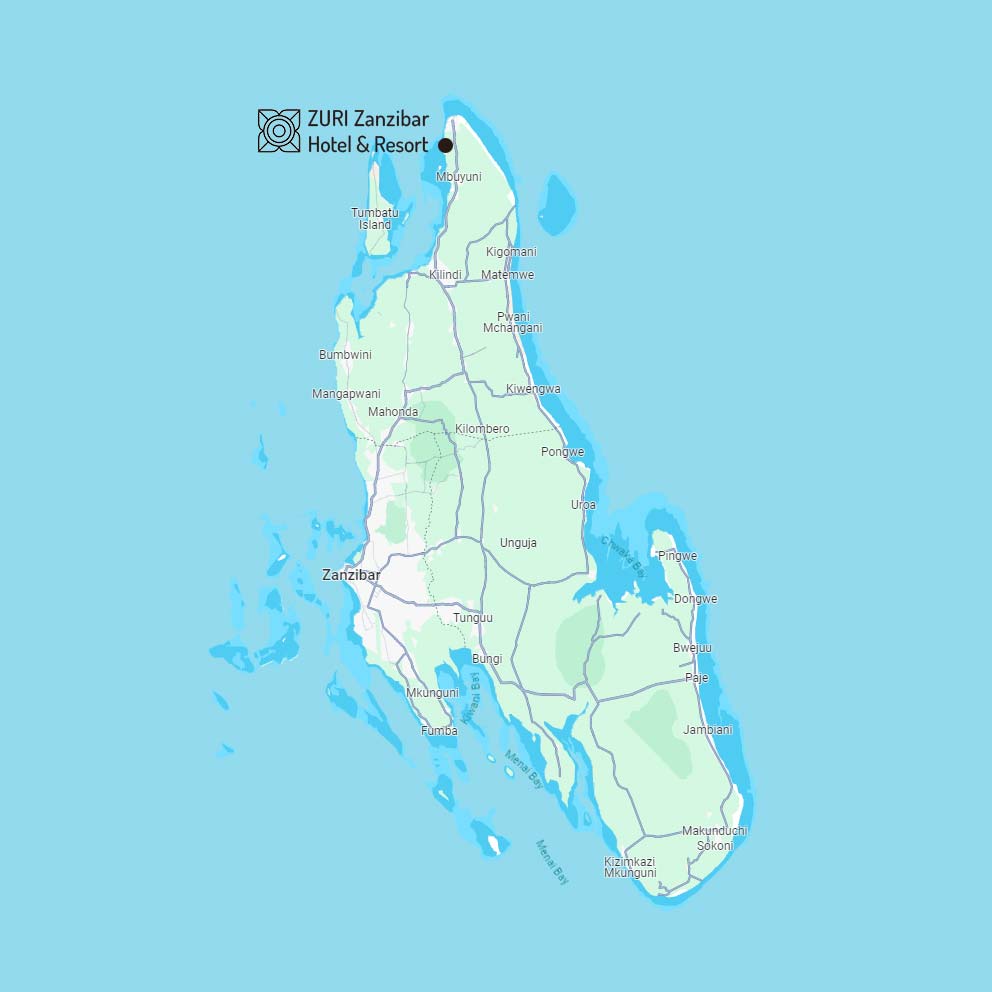ABOUT ZANZIBAR
Zuri Zanzibar is located in Kendwa village, which sits on the west-facing shores of the island, just 50 km from Stone Town and its international airport.
This amazing setting provides visitors with a stunning white-sandy beach, turquoise waters and unforgettable sunsets.
ARRIVAL & TRANSPORTATION
Airport: Abeid Amani Karume International Airport (50 km from the resort)
Ferry: Zanzibar is also reachable by boat from Dar-es-Salam, docking at the main harbour in Stone Town.
Stone Town car rental: Car rental companies are available in Stone Town. Alternatively, our Concierge team can advise you.
Driving: Driving is on the left in Zanzibar. In order for tourists to drive they need to show their international licence at the police station and collect a local licence. However, we do advise our guests against hiring cars or driving themselves, and instead use a private driver or take a taxi in order to focus on enjoying the scenery of Northern Zanzibar.
Directions:
From Nungwi: Via the Nungwi Road, 3km towards Kendwa
From Kizimkazi Dimbani: Via the Nungwi Road, 107 km towards Kendwa
From Stone Town: Via the Malawi Road and Nungwi Road, 55 km towards Kendwa
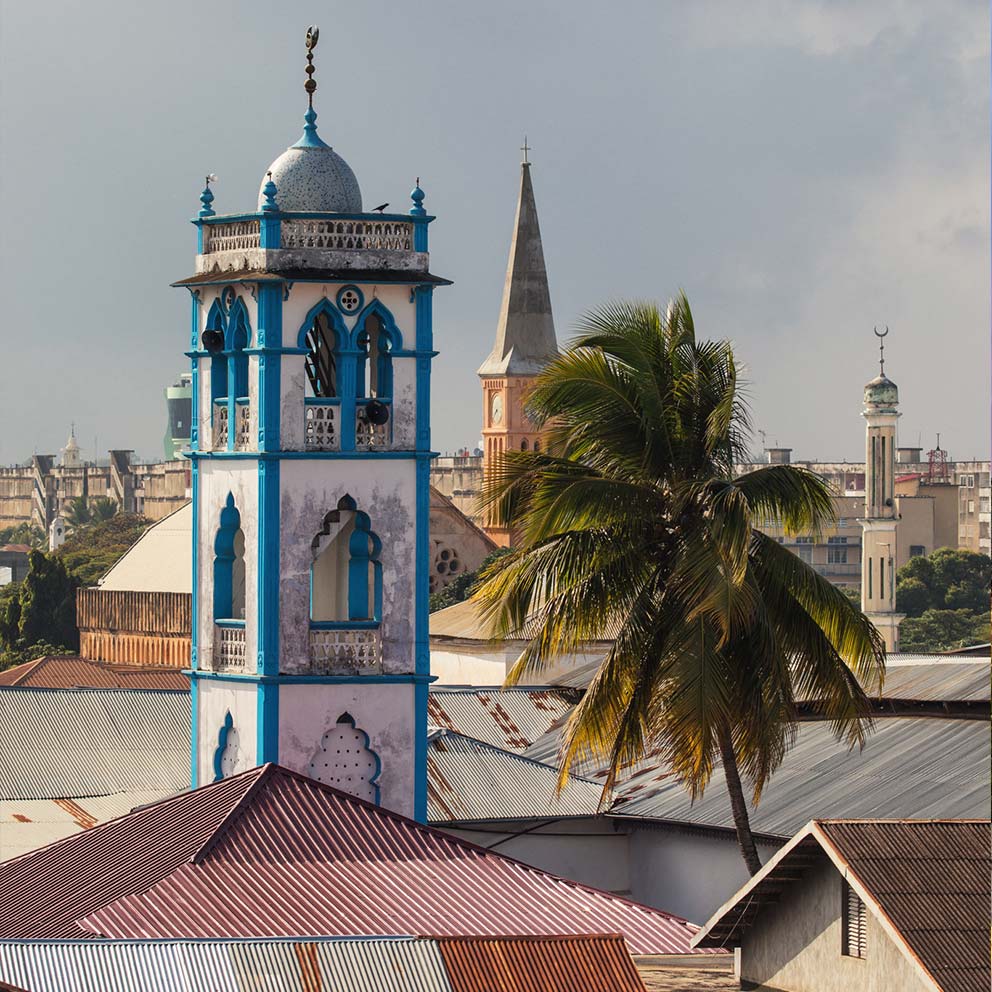
QUICK FACTS
Currency: Tanzanian Shillings (TZS) and American Dollars (USD) are widely accepted. ATM machines are available in Stone Town and Nungwi (3 km from the resort).
Time Zone: 3 hours ahead of GMT (2 hours in summertime)
Electricity: At Zuri we provide both European and UK-style plugs (220V) and additional adapters upon request.
Language: Swahili, English
Weather: September to April (26-32˚C), May to August (25-28˚C)
Visa required: More information HERE.
Medical Care: Wear plenty of sunscreen and avoid extended exposure in the strong African sun, and ensure that you are adequately hydrated in order to prevent potential sunburn, heat stroke and exhaustion. In case of any medical issues, an appointment with a private doctor can be organized directly in the hotel.
More information: Find more information at www.zanzibar.com.
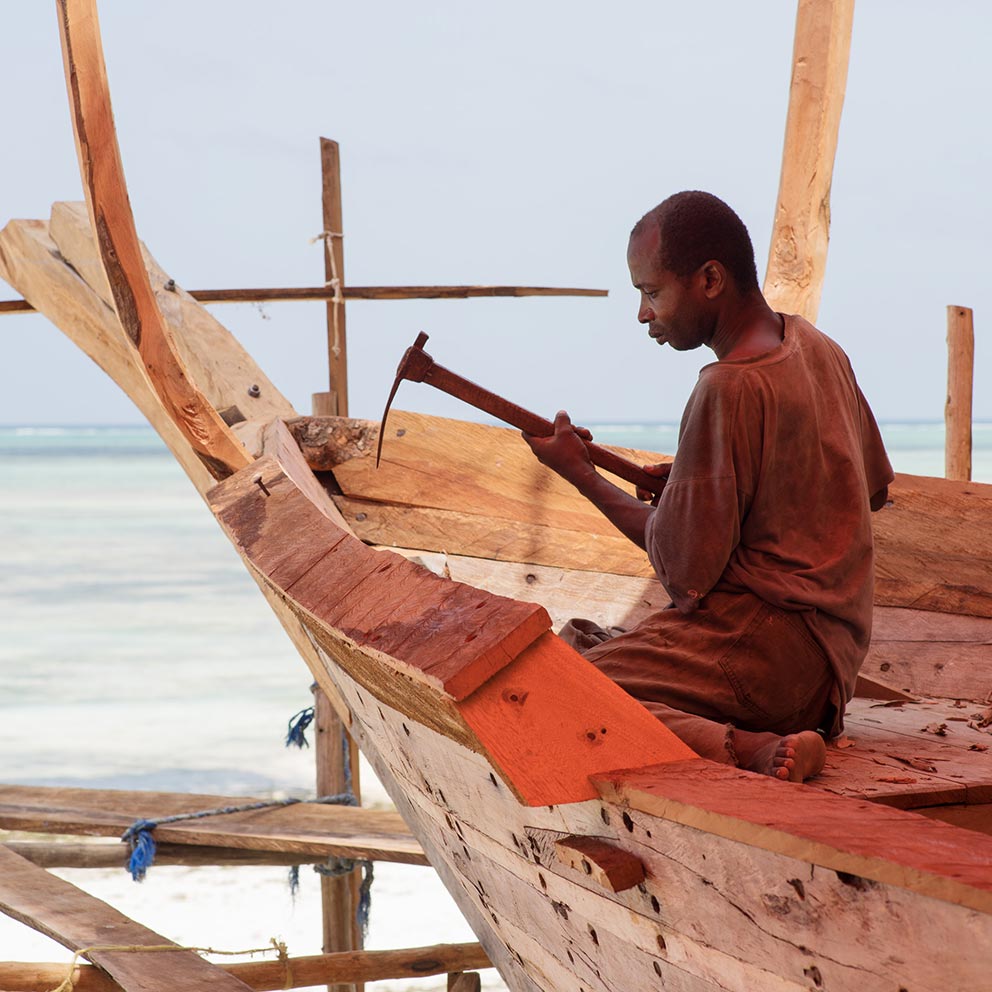
CODE OF CONDUCT
All visitors of Zanzibar are advised to observe the following rules in order to respect the local norms. For violation of any of the following, visitors may be subject to penalties ranging $ 700-1000 per person.
- Swimsuits and skimpy dresses are restricted at public areas, and allowed a resort premises only.
- Taking alcohol in the public may offend the residents.
- Nudity on the beach is not acceptable.
- Kissing in public or display of affection is not customary to Zanzibar.
- Taking photographs of residents without asking their permission is considered offensive.
More information: Find more information at www.zanzibar.com.
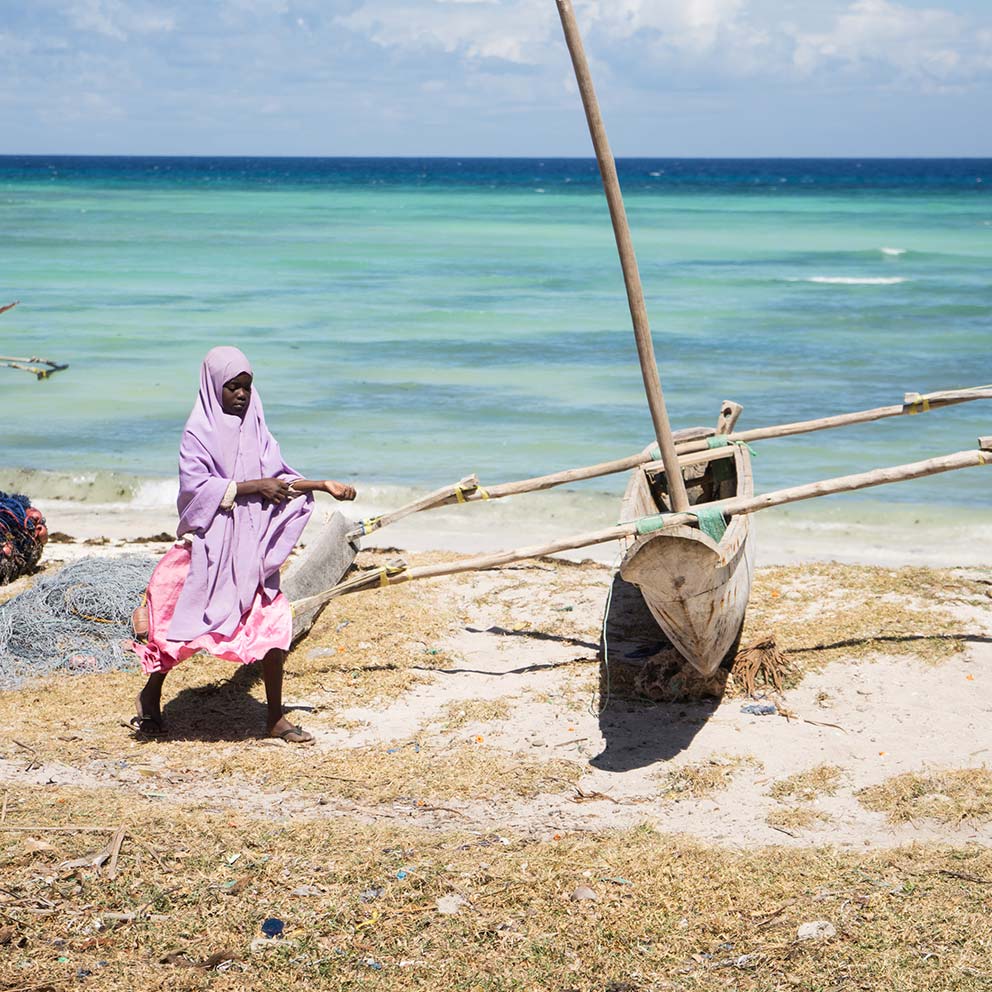
ZANZIBAR LOCATION & WEATHER
Zanzibar is an archipelago in the Indian Ocean, lying on the eastern coast of Tanzania, which consists of Unguja and Pemba, the two largest islands, and about 50 smaller isles and sand banks.
The climate is more humid than on the mainland. The long, dry season that runs from June until October comes with a bright blue sky and gorgeous sunny weather. The “green“ season starts at the end of March/beginning of April and lasts until the end of May. The ‘short rains’ take place during November and December with the second dry season in January and February. The temperature from September until April is 26-32˚C and from May to August 25-28˚C.
Tides
Tides are very important in Zanzibar, as they have a big impact on the daily life of the inhabitants. Depending on the moon, Zanzibar experiences 2 low and 2 high tides per day, with 6 hours in between low and high. The north west coast is the least exposed to tides, which makes Zuri Zanzibar an ideal location, since tides have no impact on its private beach.
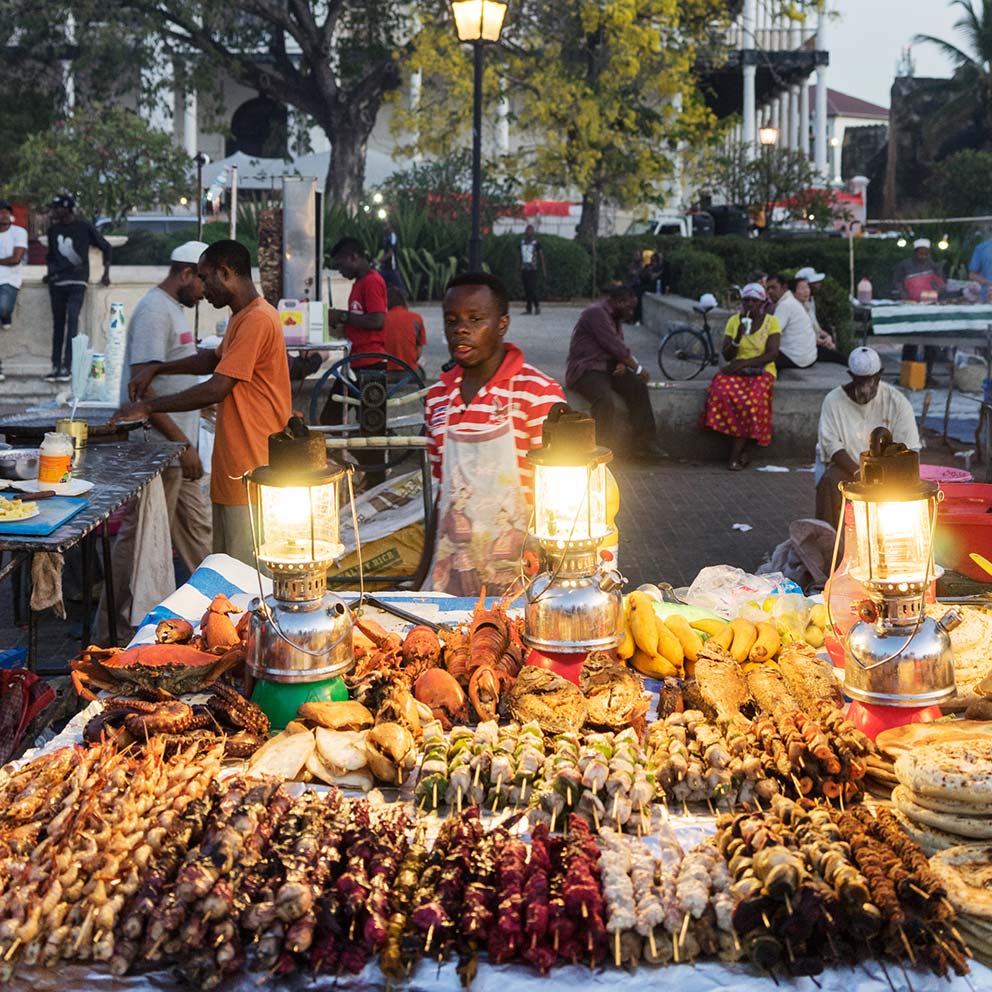
CUISINE
As the history and culture of Zanzibar is influenced by many different cultures, its cuisine follows it. Persians, Arabs, Chinese, Indians, Portuguese and others have brought new tastes, flavours and smells to the islands, from Chinese glass noodles, to sweetmeats from the Middle East, to spices from India.
Zanzibari culinary art contains dishes flavoured with cloves, ginger, pepper, some chilli and fresh coconut. Other delicacies originate from the African mainland: manioc potatoes, boiled beans, sweet potatoes, roasted corn on the cob and yam. Another equally traditional dish is “sorpotel”, a mixed offal and pork stew seasoned with curry spices. The famous Zanzibari pizza is also not to be missed. For food lovers, it is easy to find special meals: shark in pepper, octopus in coconut milk prepared with curry, cardamom, cinnamon, garlic and lime juice.
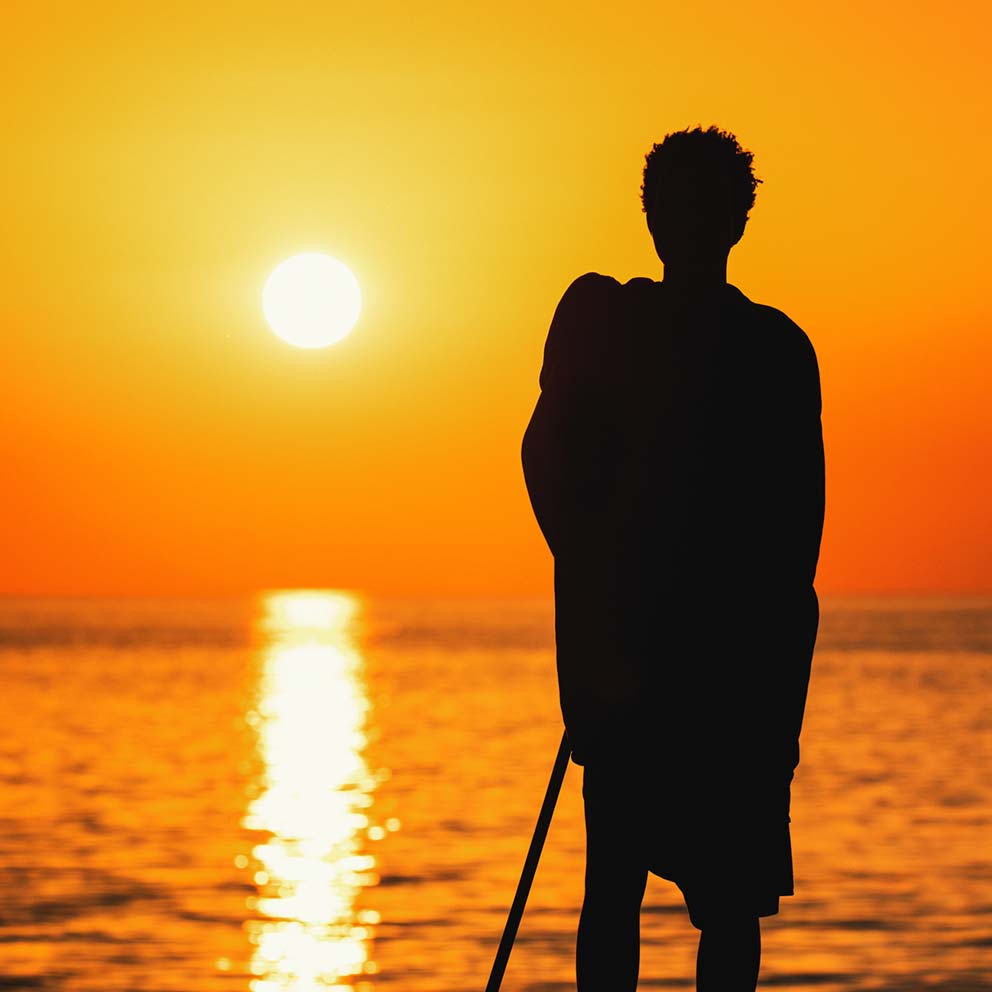
FESTIVALS
Sauti za Busara, February – this Swahili music festival takes place in February and is one of the biggest and best-known festivals in East Africa.
Zanzibar International Film Festival, July – discover the cultural heritage of East Africa, the Indian Ocean and the Middle-East, through the art of cinema.
Jahazi Festival, September – Jahazi is a non-profit organisation that is dedicated to inspiring youth, learning and education, through literature and music.
Watersports Festival and Dhow race, September – the Zanzibar Beach & Watersports Festival is a celebration of beach life organized by a group of volunteers.
Fashion Week Zanzibar, September/October – discover a showcase of the best and most creative styles in the region.
Stone Town Food Festival, October – the first food festival in Zanzibar’s Stone Town with a number and range of different restaurants and vendors participating.
Full Moon Party – takes place monthly, providing a lively and exhilarating atmosphere for party enthusiasts. If would like to join this lively local event, it is located on the beach, 300 meters from the Bahari Bar. Please keep in mind the event might go until late hours.
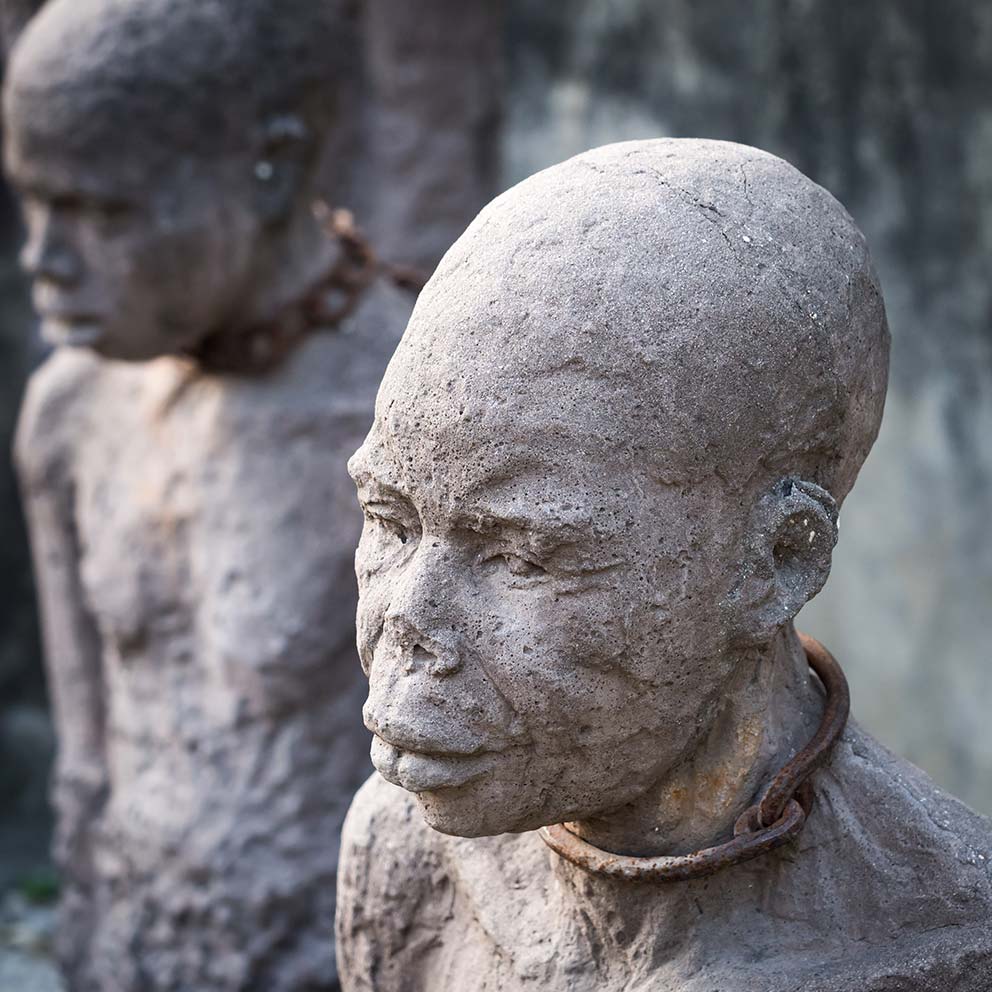
HISTORY & CULTURE
The Zanzibar name is thought to have Persian or Arabic origins.
Following Vasco de Gama’s visit in 1499, Zanzibar was ruled by the Portuguese and remained this way for almost two centuries. Zanzibar then became part of the overseas holdings of Oman and was ruled by the Sultan of Oman. It soon became the main slave market of the east African Coast where ivory trades thrived. The islands gained independence from Britain in December 1963 as a constituional monarchy. A month later, the bloody Zanzibar Revolution led to the Republic of Zanzibar and Pemba. In April, 1964, the Republic merged with the mainland Tanganyika to form Tanzania.
Today Zanzibar has its own Government and President with semi-autonomy. The elements of Persian, Arabic, Indian and European culture are most visible in the capital, Stone Town, which was recently declared a World Heritage site by Unesco. The capital is the proud home of the Freddie Mercury Museum, as he was born in Stone Town.
An important source of income are spices within the Spice Gardens, where fragrant treasures like cloves, nutmeg, cinnamon, and black pepper flourish. These valuable resources, in harmony with the raffia trade and the vibrant tourism sector, propel our community’s economic prosperity.

